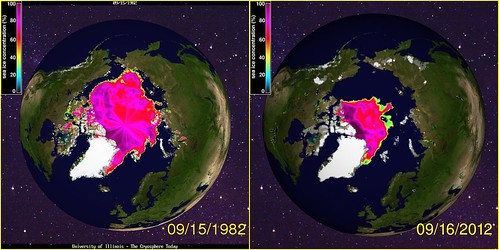 Here are videos of Saturday’s
Solar Energy Forum
at the
Center for a Sustainable Coast (CSC)
in Savannah,
with
Here are videos of Saturday’s
Solar Energy Forum
at the
Center for a Sustainable Coast (CSC)
in Savannah,
with
-
 introductions by
Steve Willis, CSC Board President,
introductions by
Steve Willis, CSC Board President,
-
 and
David Kyler, CSC Executive Director,
and
David Kyler, CSC Executive Director,
-
 presentations by
Paul Wolff
of the
City of Tybee Island
about energy independence through renewable energy (including much new information
since
his February appearance on this blog),
presentations by
Paul Wolff
of the
City of Tybee Island
about energy independence through renewable energy (including much new information
since
his February appearance on this blog),
-
and by
Robert Green,
CEO of
Georgia Solar Utilities
(GaSU),
 about how they
incorporated in June out of frustration at
Georgia Power and Southern Company stonewalling on solar energy,
the
GaSU filings with the
Georgia Public Service Commission
that got the PSC
to recommend GaSU go to the legislature
to interpret or amend the
1973 Territorial Electric Service Act,
and much information about
the financial projections that underlie
GaSU’s business plan,
about how they
incorporated in June out of frustration at
Georgia Power and Southern Company stonewalling on solar energy,
the
GaSU filings with the
Georgia Public Service Commission
that got the PSC
to recommend GaSU go to the legislature
to interpret or amend the
1973 Territorial Electric Service Act,
and much information about
the financial projections that underlie
GaSU’s business plan,
- plus numerous questions from the audience.
We will probably post more later on the presentations by Paul Wolff and Robert Green, and the ensuing questions and answers. Meanwhile, here’s a video playlist of the entire event:
Videos, Solar Energy Forum
Solar Energy Forum, Center for a Sustainable Coast (CSC),
Videos by Gretchen Quarterman for Lowndes Area Knowledge Exchange (LAKE),
Savannah, Chatham County, Georgia, 1 December 2012.
-jsq

















